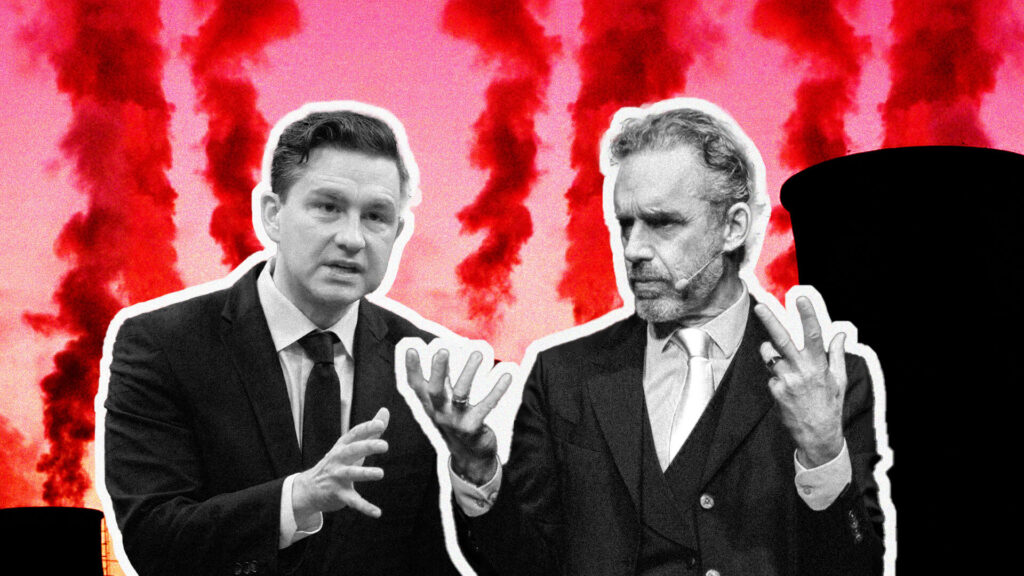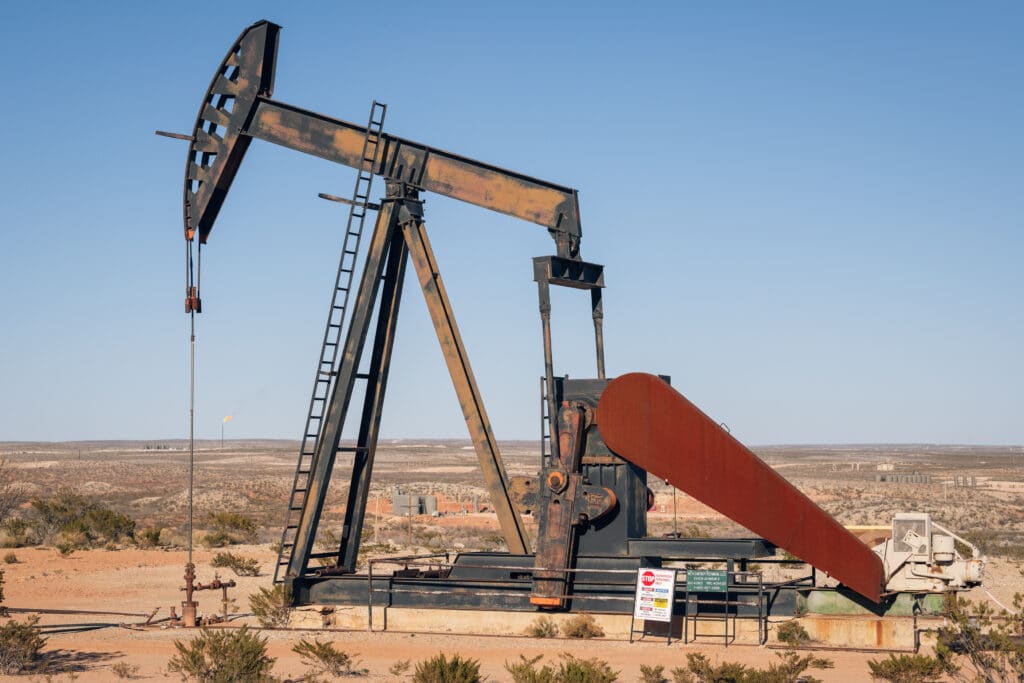Conservative Party leadership candidates have received tens of thousands in donations from a funder of the UK’s main climate science denial group.
The latest register of MPs’ interests shows that James Cleverly and Tom Tugendhat each received £10,000 in August from Lord Michael Hintze, a Tory peer who is one of the few known funders of the Global Warming Policy Foundation (GWPF).
Hintze, who has donated more than £4 million to the Conservatives since 2002, also donated £10,000 in August to leadership hopeful Priti Patel, who was voted out of the contest by Tory MPs this week. Tugendhat also received £3,000 from Hintze in December.
The GWPF actively campaigns against the government’s climate policies and rejects established science on rising temperatures, calling carbon dioxide a “benefit to the planet”.
Lord Hintze has said he believes “there is climate change” caused “in part due to human activity over the past century”, but “all sides must be heard” on climate change “to reach the right conclusion for society as a whole”.
Authors working for the world’s foremost climate science body, the UN’s Intergovernmental Panel on Climate Change (IPCC), have said that “it is a statement of fact, we cannot be any more certain; it is unequivocal and indisputable that humans are warming the planet”.
The IPCC has stated that we are in the midst of “widespread and rapid [changes] … unprecedented over many centuries, to many thousands of years”.
Between the 2019 general election and the start of the 2024 campaign, the Conservatives received £8.4 million from fossil fuel interests, highly polluting industries, and climate science deniers.
Cleverly, Tugendhat, Patel are not the only Tory leadership hopefuls to have received donations from figures associated with the GWPF. DeSmog revealed in August that Kemi Badenoch had received £10,000 towards her campaign from Neil Record, a millionaire Tory donor and chair of Net Zero Watch (NZW), the GWPF’s campaign arm.
Record is also a “life vice president” of the Institute of Economic Affairs (IEA) think tank, which he chaired until July 2023. The IEA, which supports new fossil fuel production, has received funding from the oil giant BP every year from 1967 to at least 2018.
Record has given money to both the IEA and the GWPF, which are part of the Tufton Street network of think tanks and lobbying groups based in Westminster campaigning for less government regulation, including on climate change.
The latest register of interests also shows that Record donated £2,000 to Tory MP Jesse Norman, who is publicly supporting Badenoch’s campaign.
As DeSmog has reported, Tugendhat also received donations and gifts worth £7,000 during the general election campaign from Tory donor and former party treasurer Lord Michael Spencer, who is a fossil fuel investor.
Spencer is the largest shareholder in Deltic Energy, which this year received licences to explore the North Sea for oil and gas. He also holds shares in Pantheon Resources, a UK company exploring for oil in Alaska.
Spencer, who has donated £6 million to the Conservatives since 2005, previously told DeSmog that oil and gas investments are less than two percent of his portfolio.
Views on Net Zero
Tugendhat, Badenoch, and Patel have vocally criticised the UK’s climate policies.
In a July interview on GB News, Tugendhat said the UK’s target of achieving net zero emissions by 2050 was “not realistic”. Badenoch said in 2022 that it was “arbitrary” and last year suggested she would back delaying it, which would contravene the UK’s legally-binding climate commitments. Patel shares this position, and told GB News last year that net zero targets should be “paused” because the “public are not ready”.
Polling by More in Common and E3G during the general election period found that a majority of people in every UK constituency are worried about climate change. Some 61 percent of 2024 Conservative voters said they are worried about climate change, matched by 76 percent of Labour voters, and 65 percent of the country overall.
In his GB News interview, Tugendhat also defended the previous government’s support for new oil and gas extraction, saying: “Drilling our own oil in the North Sea is more carbon efficient than bringing it in from anywhere else.”
The claim that UK oil and gas has a lower carbon footprint than imports is “misleading” and can only be achieved “by comparing UK gas production to the very dirtiest gas imports”, according to the research and campaign group Uplift.
Cleverly has supported the 2050 target but has said he would favour a “competition-based approach” rather than using the power and funding of the state. However, the private sector has often acted to delay climate action. According to the non-profits groups NewClimate Institute and Carbon Market Watch, which surveyed 51 major companies, their median goal is to cut emissions by 30 percent by 2030 – well below the 43 percent reduction identified by the IPCC.
Cleverly’s leadership campaign told DeSmog that “We thank all of our donors for their support for James Cleverly as the best candidate to unite the Conservative Party and win the next general election.”
Tugendhat, Patel, and Hintze have been approached for comment.
Subscribe to our newsletter
Stay up to date with DeSmog news and alerts







